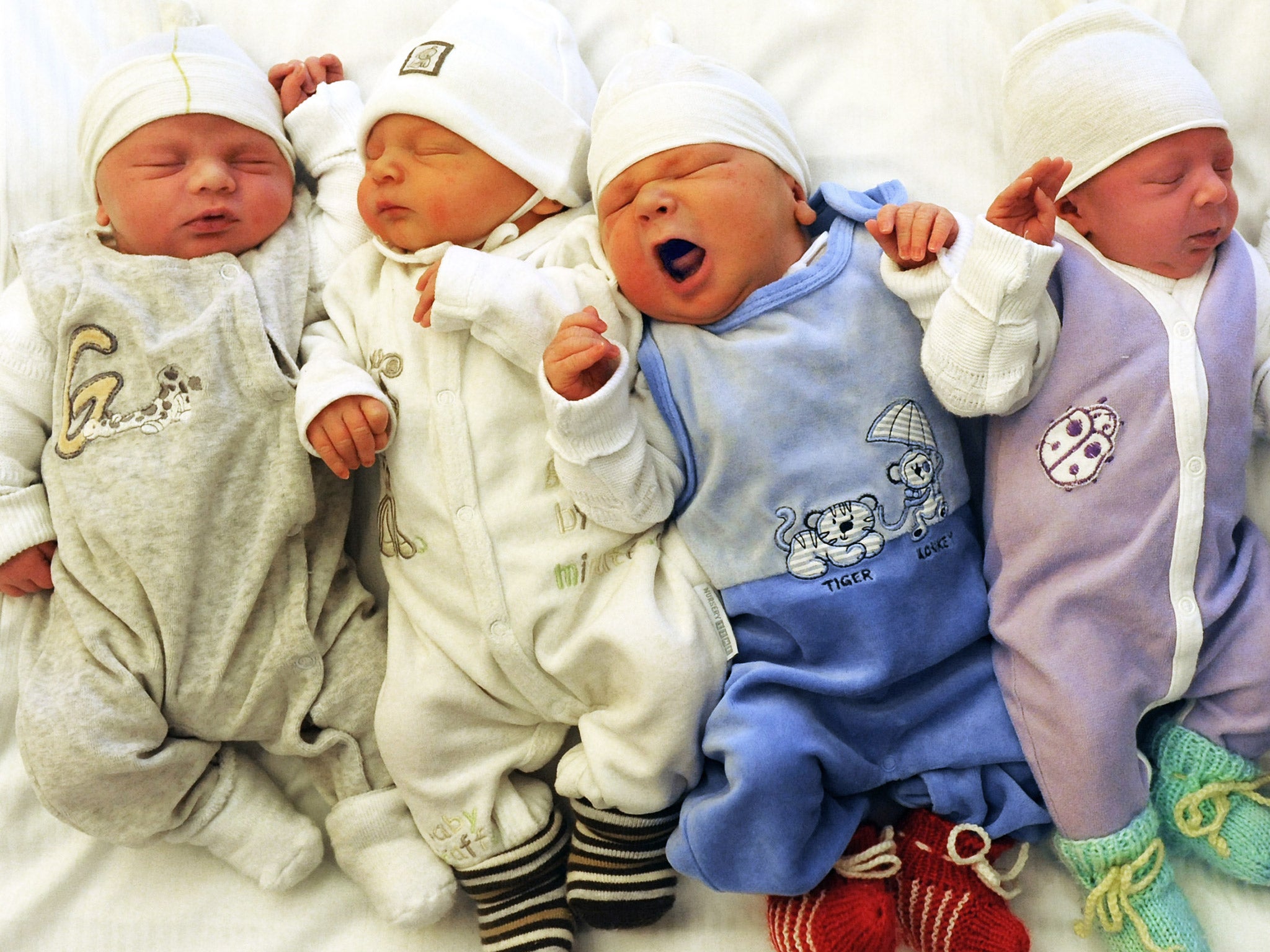Newborn baby's weight 'could affect how much they trust people in adulthood'
The results should act as a catalyst for giving women more support during pregnancy

Your support helps us to tell the story
From reproductive rights to climate change to Big Tech, The Independent is on the ground when the story is developing. Whether it's investigating the financials of Elon Musk's pro-Trump PAC or producing our latest documentary, 'The A Word', which shines a light on the American women fighting for reproductive rights, we know how important it is to parse out the facts from the messaging.
At such a critical moment in US history, we need reporters on the ground. Your donation allows us to keep sending journalists to speak to both sides of the story.
The Independent is trusted by Americans across the entire political spectrum. And unlike many other quality news outlets, we choose not to lock Americans out of our reporting and analysis with paywalls. We believe quality journalism should be available to everyone, paid for by those who can afford it.
Your support makes all the difference.The weight of a baby at birth could have an effect on how trusting he or she is as an adults, a study has found.
The research has helped scientists from Aarhus University in Denmark gain a better understanding of why some people are more engaged with society than others - and could act as an argument for encouraging safer conditions for women during pregnancy.
The study found that adults with a high level of trust tended to have a high birth weight. Conversely, individuals who had a low birth weight were likely to respond to certain sentences, such as ‘most people can be trusted’, in a way that reflected a low level of trust.
In a statement, scientist Michael Petersen said the motivation behind the study, called ‘Birth Weight and Social Trust in Adulthood: Evidence for Early Calibration of Social Cognition’, was to “investigate if experiences in the embryonic stage also have an impact on psychological patterns in adulthood”.
Published in the Psychological Science journal earlier this month, the study found the correlation between birth weight and trust remained even after taking into account genetics and family environment.
Mr Petersen said social trust was important for keeping society together.
“When we sort our waste, when we vote, when we pay our taxes, it’s all a function of how much trust we have in one another," he said.
"Therefore, it’s fascinating that we can trace trust all the way back to the embryonic stage. It helps us understand why some people involve themselves more than others in society, and why some are less involved,” he added.
Lene Aarøe, who co-wrote the research with Mr Petersen, said a better understanding of the factors leading to social trust brought us closer to "understanding the basic elements that ensure social coherence".
Join our commenting forum
Join thought-provoking conversations, follow other Independent readers and see their replies
Comments